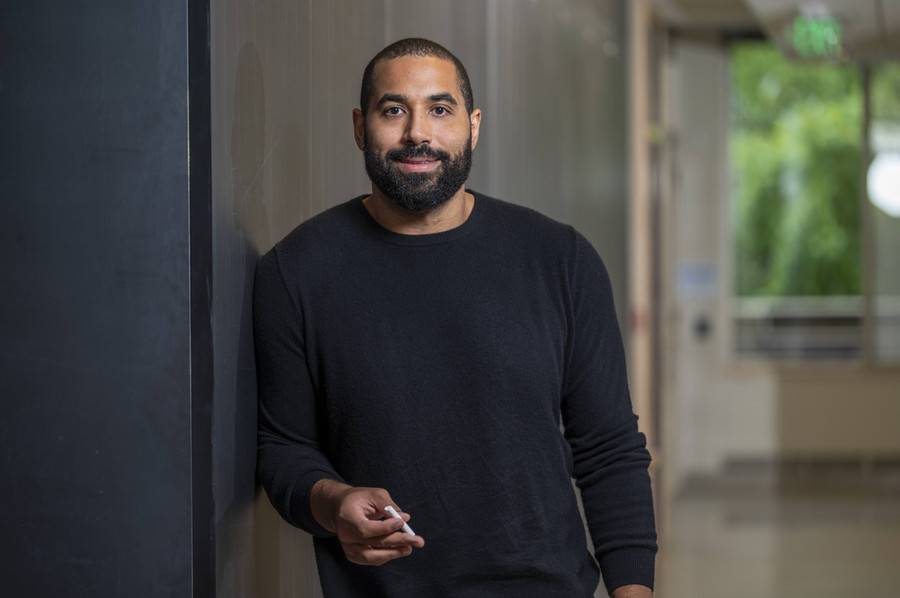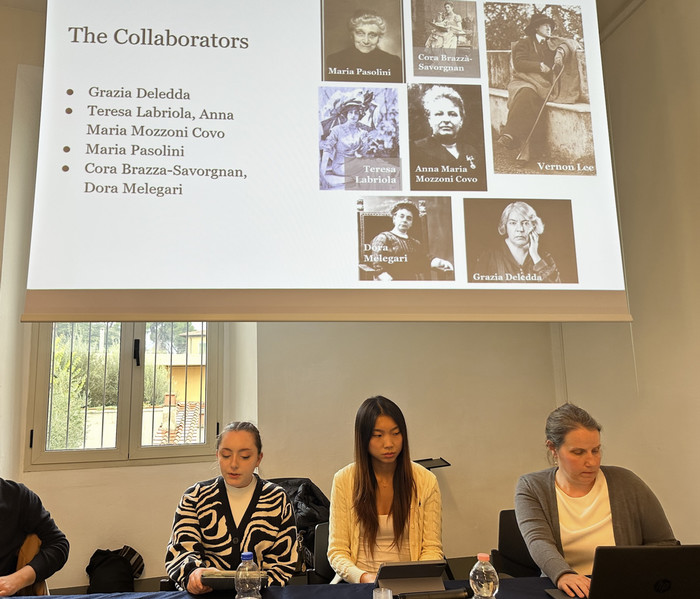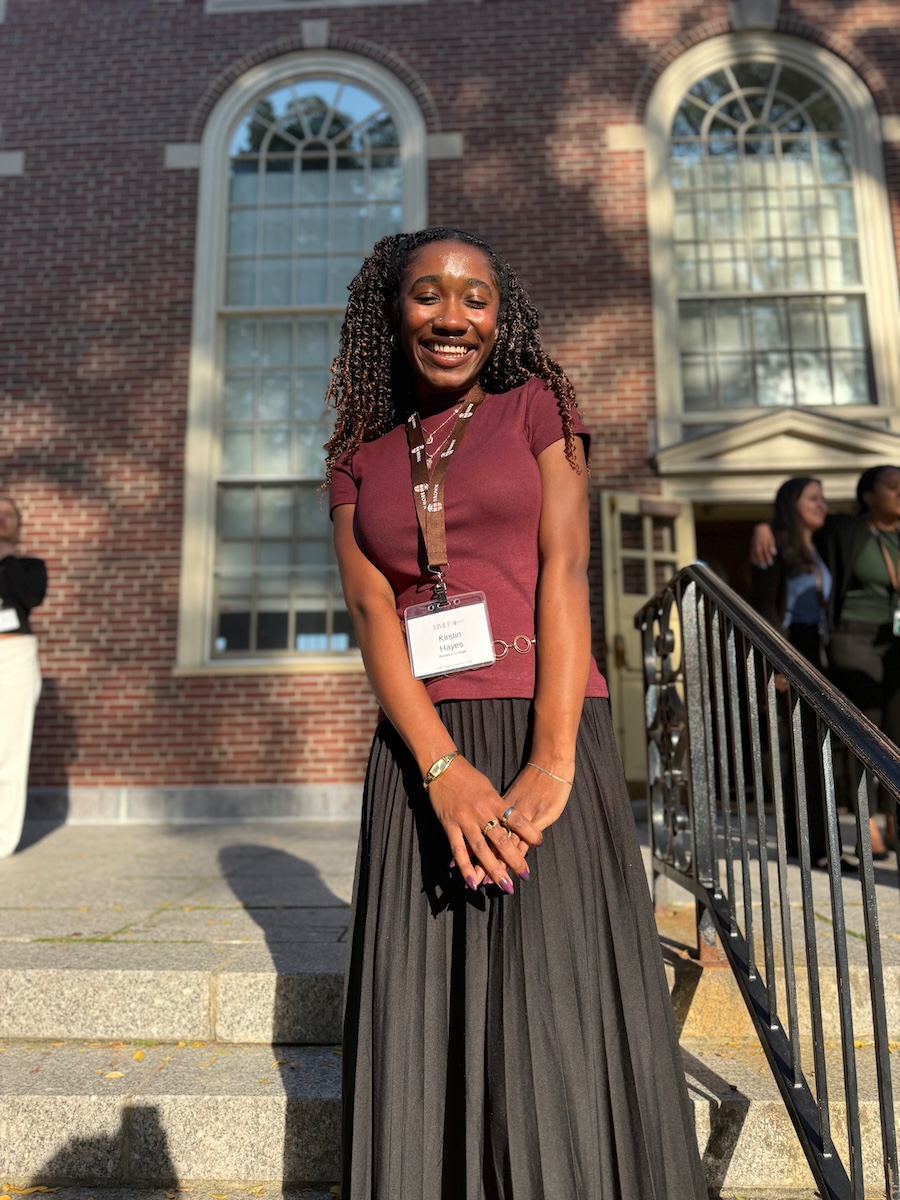Gauging Maine’s Political Landscape
By Tom PorterOne of the more hotly contested political races this November is expected to occur in Maine’s Second Congressional District, where Democrat incumbent Jared Golden faces Republican challenger Dale Crafts.
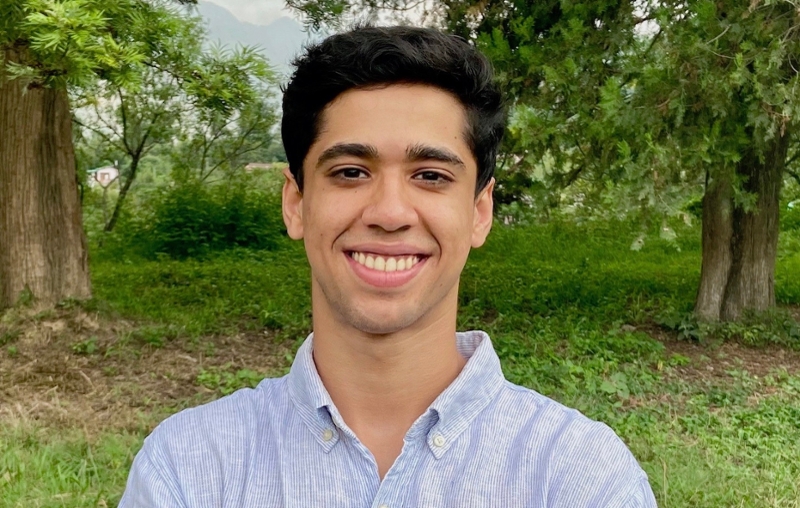
Government and math major Sumer Vaidya ’22 describes the work he’s been doing over the summer on a research fellowship funded by the Office of Student Fellowships and Research. The aim, he says, is to gauge how Mainers are likely to vote in this upcoming contest.
Over the summer, I worked under the guidance of Professor Michael Franz to analyze Maine’s Second Congressional District’s political landscape through a combination of qualitative and quantitative methods. My focus was on understanding how different cultural, economic, and social factors within the state influence public opinion on various political issues. As a mathematics and government major, I felt this project was a perfect opportunity to advance my interest in both fields.
Part of my research involved conducting an original poll of registered voters in the district. Due to COVID-19, I had to move my survey to an online platform so that I could effectively continue my research remotely from India. I gathered responses through snowball sampling, circulating my survey through various social media platforms and email lists, resulting in over 750 responses.
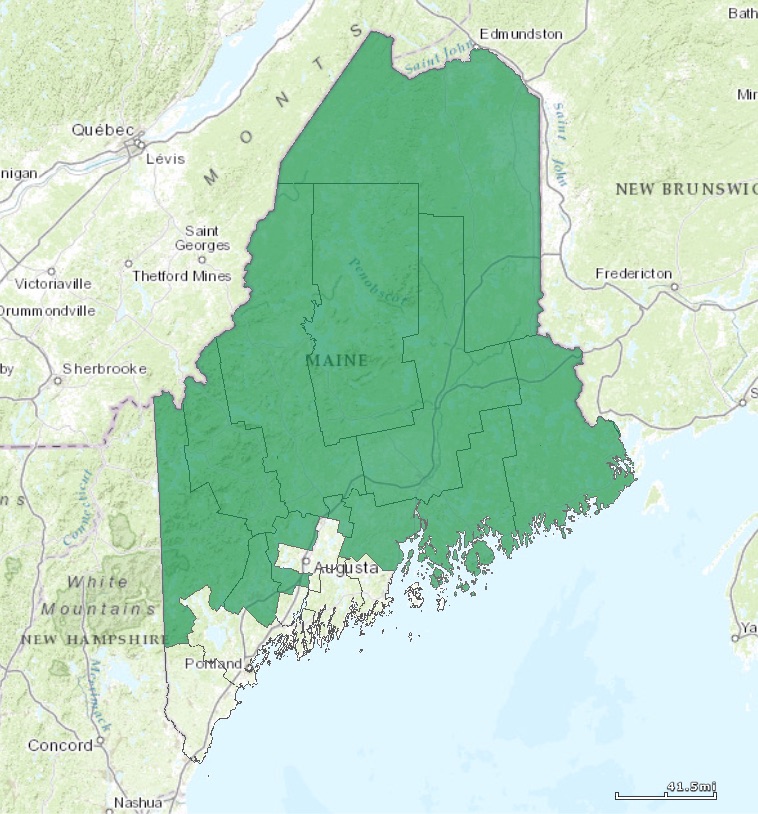
The quantitative section of my research focused on analyzing the results of my poll using R Studio. I was able to hone my coding skills, running various statistical methods, such as Dunn Tests and Ordinal Logistic Regressions, to determine the correlation between different political opinions and voter demographics. To supplement this aspect of my research, I conducted a series of interviews with academics, consultants, and politicians. I also explored various pieces of literature and journalism to gain a holistic understanding of Maine’s political dynamics.
I was able to draw a number of small conclusions about the correlation of voter opinion on different political issues as well as differences in political opinions across different demographic groups. For example, individuals who support increased regulations on lobstering, fishing, and hunting are more likely to support increased gun control.
This semester I am taking Probability, a math class that shall add to my skill set and ability to carry out quantitative analysis in political science. I also plan on taking a subsequent statistics class, as well as a seminar on statistics with the math department.
Each spring, the Office of Student Fellowships and Research awards summer fellowships to between sixty and seventy current Bowdoin students, enabling them to engage in independent, faculty-mentored research and enrich their undergraduate experience. They receive $480 per week to conduct up to ten weeks of research.

